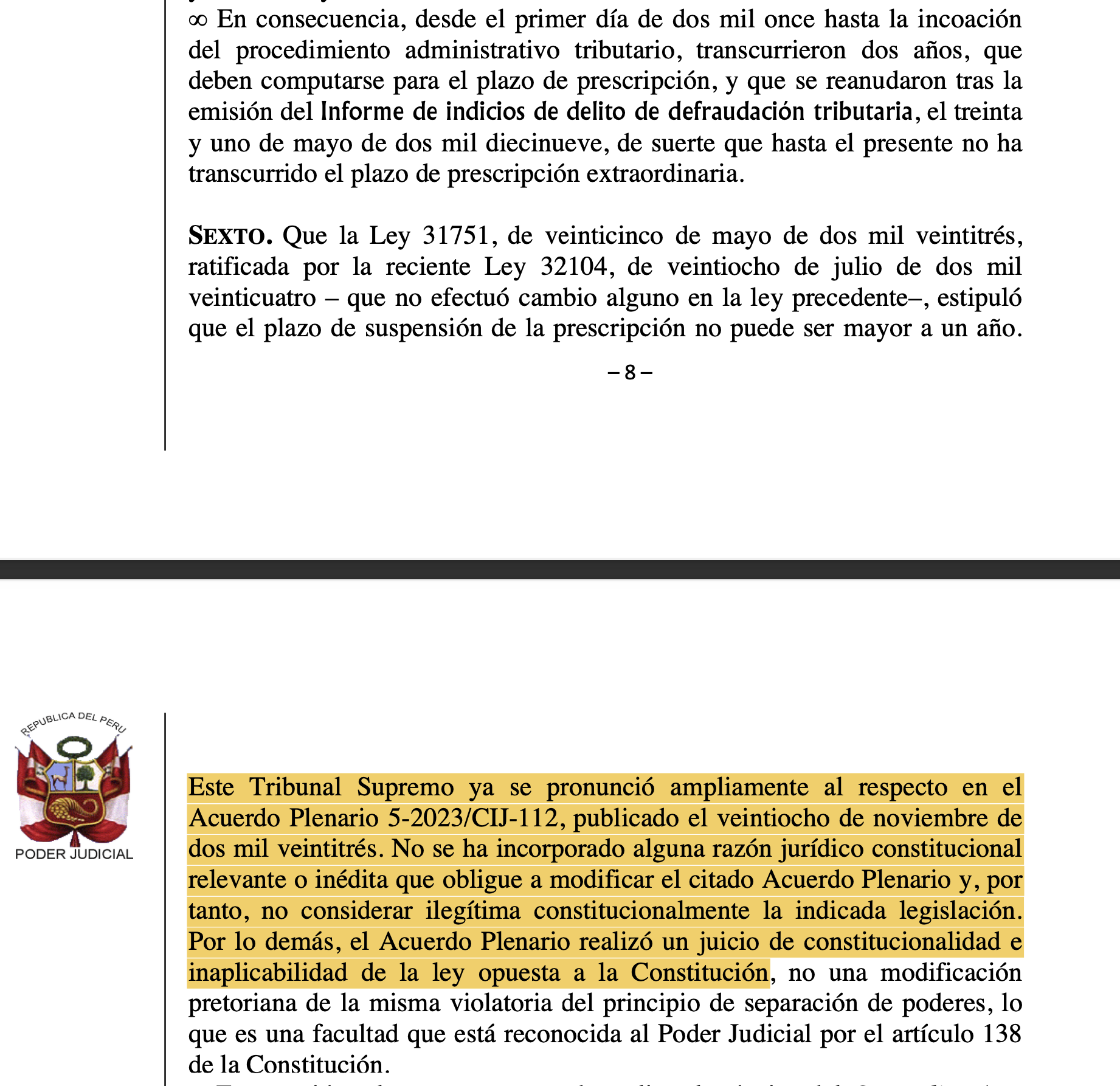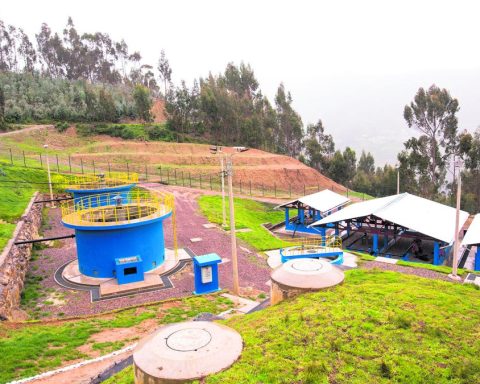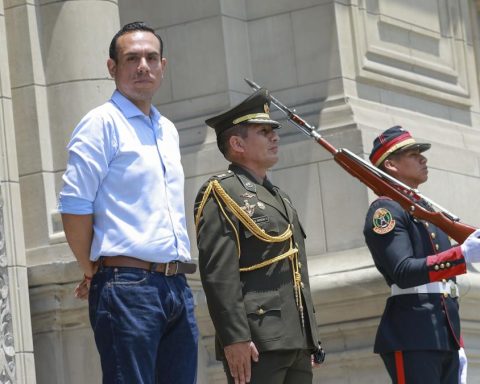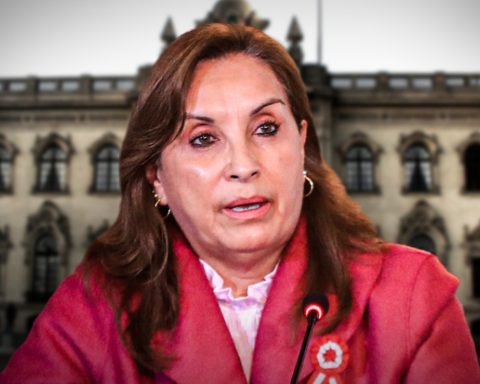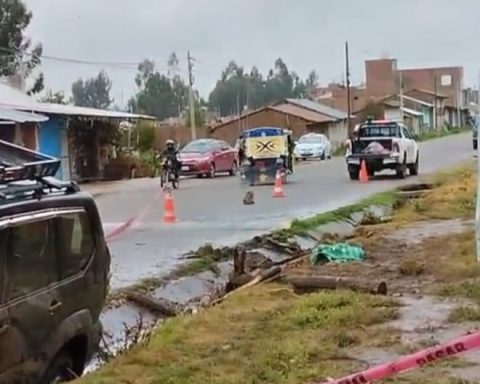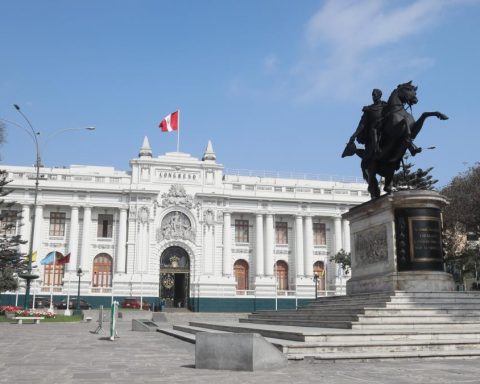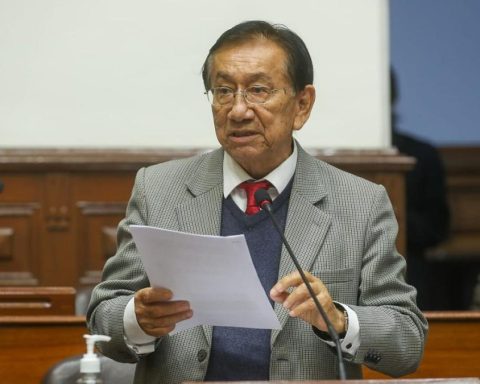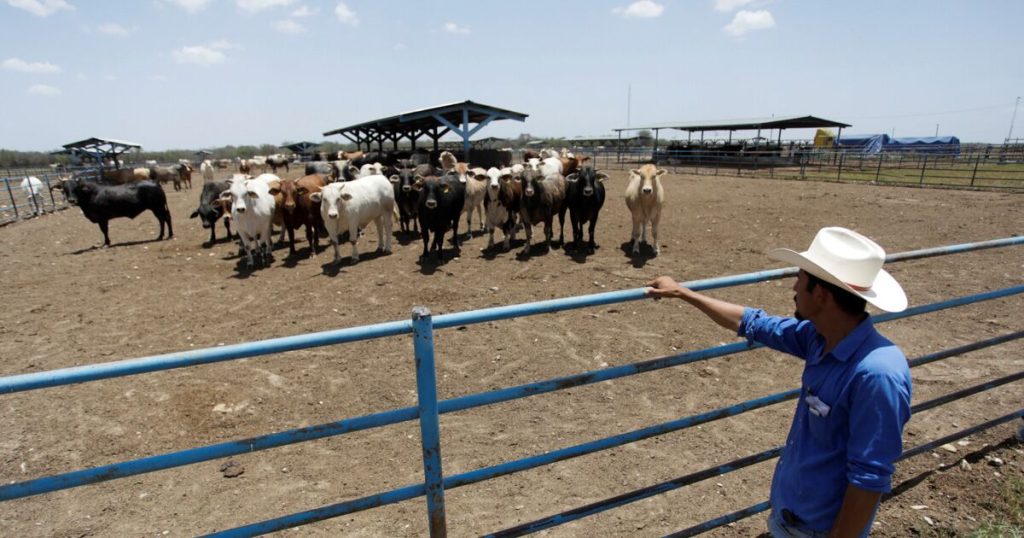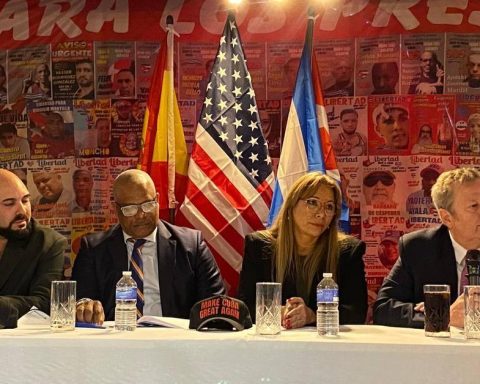The Permanent Criminal Chamber of the Supreme Court took a position on the new Law 32104, standard that ratifies the questioned one Law 31751 which reduces the period of suspension of the prescription to one year and which has served politicians to avoid criminal proceedings. An example of this is the former president of Congress, the APEP member Alejandro Sotowho managed to archive a case for alleged fraud thanks to the norm that he supported. For this reason he is also known as Soto law.
The Law 32104 It was born from a project by the Peruvian congressman Flavio Cruz and it is a response to the Plenary Agreement 05-2023/CIJ-112 of the Supreme Courtagreement where the supreme judges in criminal matters conclude that the Soto law It is unconstitutional because it is disproportionate, which is why its non-application was recommended.
This new rule sought to force the judges to comply with the fact that the period of suspension of the prescription cannot exceed one year, as expressed by the then president of the Justice Commission, the Peruvian journalist Americo Gozabefore the Standing Committee. “This clarification seeks to establish that the justice operators comply with the mandate of Law 31751,” he said. However, the response of the Judiciary.
Fuzzy control
In a recent cassation ruling, the Permanent Supreme Criminal Court determined that the Law 32104 “did not make any changes” to the so-called Soto lawa rule that was already “extensively” discussed in the Plenary Agreement 05-2023/CIJ-112.
“No relevant or unprecedented constitutional legal reason has been incorporated that requires modifying the aforementioned Plenary Agreement and, therefore, not considering the indicated legislation constitutionally illegitimate,” reads the resolution to which it was accessed. The Republic.
The Supreme Court recalls that in this agreement a “judgment of constitutionality and inapplicability of the law contrary to the Constitution” was made, that is, a diffuse control was carried out. This power is recognized to the Judiciary in article 138 of the Magna Carta.
The Supreme Court judges signed the resolution in question Cesar San Martin (President of the Chamber and rapporteur of the judgment), Maria del Carmen Altabas, Ivan Sequeiros, Norma Carbajal and Saul Pena.
The specific case
The Permanent Supreme Criminal Court reaffirmed the unconstitutionality of the Soto law when resolving a cassation appeal filed by a person investigated for alleged money laundering and tax fraud.
According to the prosecution’s thesis, as of December 31, 2010, the subject had fraudulently hidden 3,943,470 soles from Sunat in order to avoid paying taxes. He took advantage of Legislative Decree 1264 – a sort of amnesty for undeclared income until 2015 – but could only justify the origin of 2,346,565 soles. The rest of the money, according to the prosecutor, was stolen from the SUNAT. Public Prosecutor’s Officewould have been used to purchase an apartment with parking, a van and trips abroad.
In October 2015, the Prosecutor’s Office initiated preliminary proceedings against the subject for alleged money laundering and, before making a decision regarding the crime of tax evasionofficiated at Sunat to prepare a report of indications. This document is required by law to prosecute someone for irregularities in tax obligations.
He Public Prosecutor’s Office received the report in May 2019. The preparatory investigation was then formalized in February 2021 by money laundering and now yes, tax evasion. It is at this point that the controversy begins.
The suspect assured that the crime of tax evasion had expired in 2018. This is because the incident occurred in 2010, the maximum sentence for this crime is 8 years and, according to the subject, there was no cause for suspension of the statute of limitations (which, in this case, could be extended up to 12 years).
In the first and second instance, the request of the person under investigation was unsuccessful. The judges said that the Sunat report was necessary to initiate the criminal proceedings for tax evasionso, effectively, the prescription was suspended for the time it took the entity to prepare the document. Both decisions were adopted before the enactment of the Law 31751which reduces the period of suspension of prescription by one year.
And if it were applied, Soto law In this case, the crime of tax evasion would have undoubtedly expired on December 31, 2019 (one year according to Law 31751 + 8 years of ordinary prescription). However, by reaffirming the Supreme Court In that this rule is unconstitutional, the State can still prosecute this crime.
However, the Supreme Court notes that it would be possible to deviate from the plenary agreement through the “Distinguishing” technique, but only in exceptional cases.
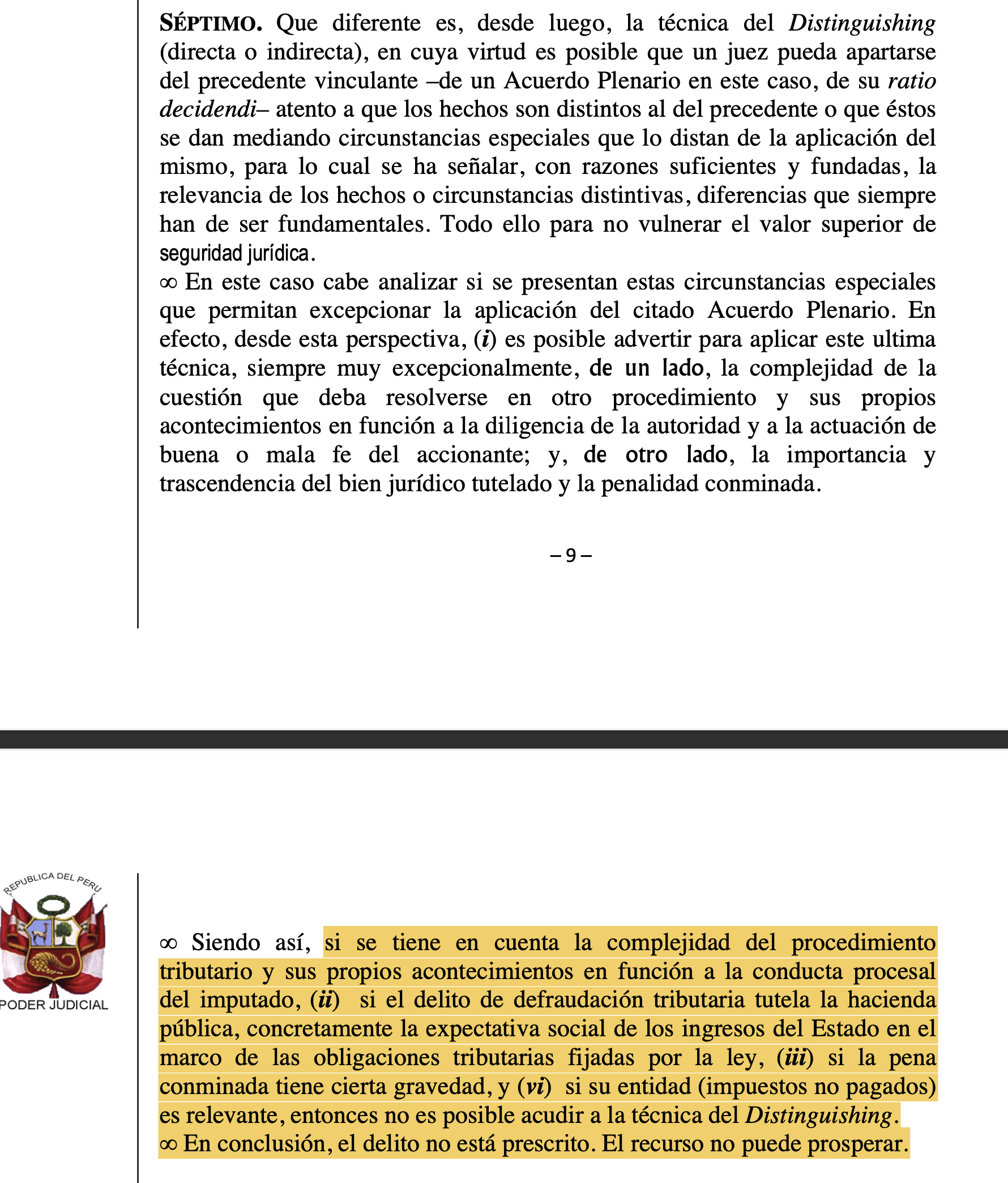
What’s next?
While it is reaffirmed that Plenary Agreement 2023it should be remembered that the legal argument of said agreement where it was concluded that the Soto law It is unconstitutional and was not included as legal doctrine, meaning that lower court judges are not obliged to disregard the rule.
Since the aforementioned agreement was issued, as was confirmed The Republicthe Permanent and Transitional Criminal Chambers They have not applied the Law 31751. Before, They even applied this rule ex officio. With the plenary agreement, the statute of limitations on proceedings against the former advisor of the defunct company was prevented National Council of the Judiciary (CNM), Guido Aguila; the former front man of Vladimiro Montesinos, Victor Venero; and others prosecuted for serious crimes.
On the other hand, to date since the Judiciary No action of unconstitutionality has been initiated against the aforementioned law before the Constitutional Court.
